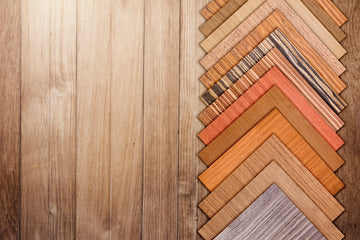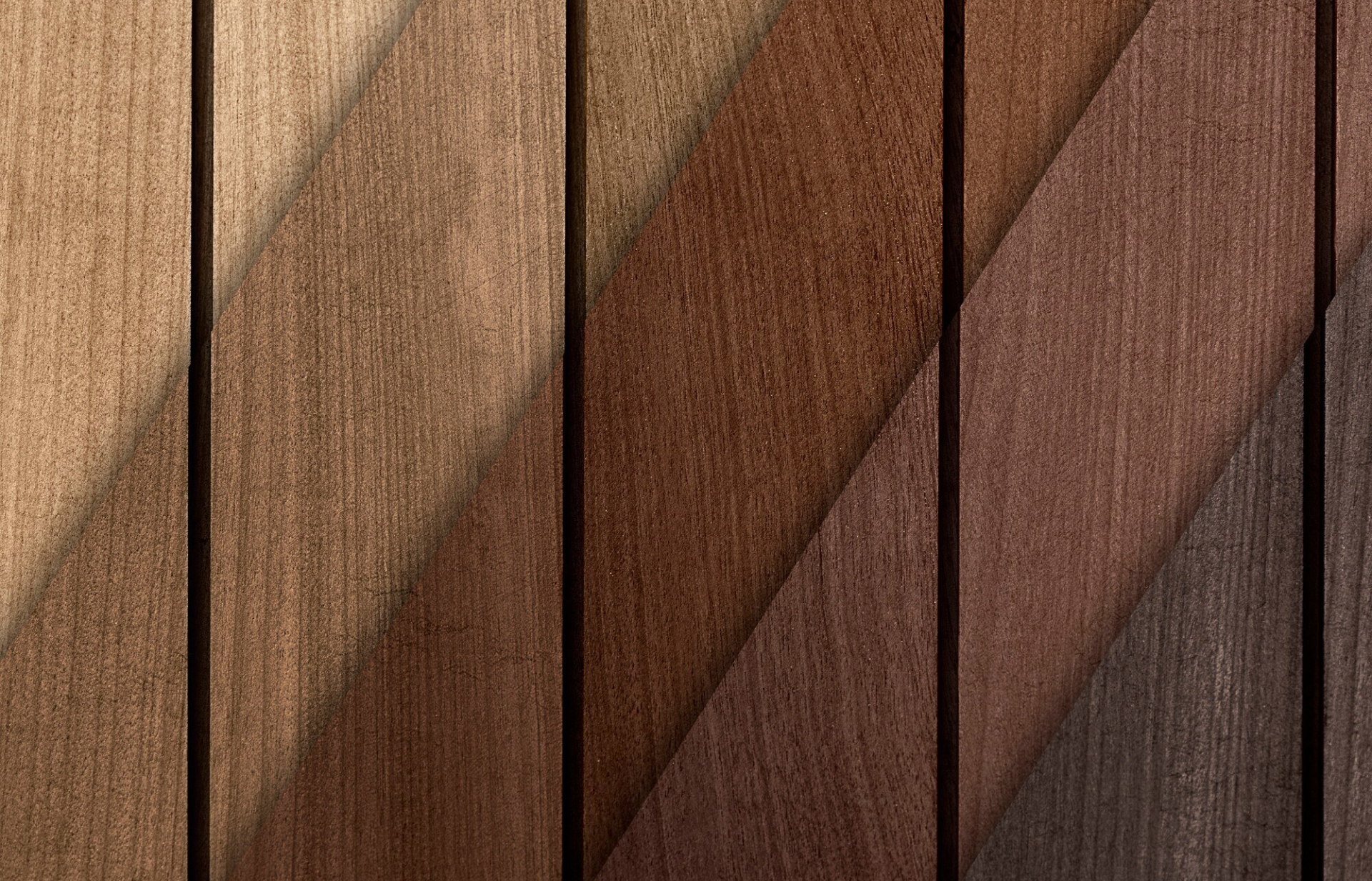When it comes to upgrading your home, choosing the right flooring is one of the most significant decisions you'll make. With so many options on the market, it's essential to understand the differences between popular materials such as engineered hardwood flooring and luxury vinyl flooring. Both have unique advantages, making them ideal for various needs and preferences. This guide will help you make an informed decision by comparing these two leading flooring solutions.
What is Engineered Hardwood Flooring?
Engineered hardwood flooring is a versatile and stylish option that combines natural wood layers with a sturdy plywood or high-density fiberboard (HDF) core. Unlike traditional hardwood, engineered hardwood is designed to provide enhanced durability and resistance to environmental factors such as moisture and temperature changes.
Benefits of Engineered Hardwood Flooring
-
Authentic Appearance: Retains the natural beauty of hardwood.
-
Durability: Designed to resist warping and swelling in humid conditions.
-
Variety: Available in a wide range of finishes and plank sizes, including trending wide-plank options.
-
Eco-Friendly: Made using fewer raw materials than solid hardwood.
Common Applications
Engineered hardwood is ideal for living rooms, dining areas, and bedrooms where you want a classic and sophisticated look.
What is Luxury Vinyl Flooring (SPC Flooring)?
Luxury vinyl flooring, including SPC (Stone Plastic Composite) options, is a synthetic flooring solution known for its resilience and affordability. SPC flooring features a rigid core made of stone and plastic, providing exceptional durability and water resistance.
Benefits of Luxury Vinyl Flooring
-
Waterproof: Perfect for moisture-prone areas like kitchens and bathrooms.
-
Durable: Resistant to scratches, dents, and daily wear and tear.
-
Easy Installation: Often features a click-lock system for simple DIY installation.
-
Budget-Friendly: More affordable than engineered hardwood without sacrificing style.
Common Applications
Luxury vinyl flooring excels in high-traffic and moisture-prone areas, including kitchens, bathrooms, and basements.
Key Comparisons: Engineered Hardwood vs. Luxury Vinyl
Appearance and Aesthetics
-
Engineered Hardwood: Offers the timeless elegance of real wood with unique grain patterns and textures.
-
Luxury Vinyl: Mimics natural materials like wood and stone but lacks the authentic feel of hardwood.
Durability and Maintenance
-
Engineered Hardwood: Resistant to moderate wear but susceptible to scratches and dents.
-
Luxury Vinyl: Highly resistant to scratches, water, and stains, making it easier to maintain.
Installation
-
Engineered Hardwood: Requires professional installation for best results.
-
Luxury Vinyl: Suitable for DIY enthusiasts due to its straightforward installation methods.
Environmental Impact
-
Engineered Hardwood: Uses sustainable wood and eco-friendly manufacturing practices.
-
Luxury Vinyl: Made from synthetic materials, though some brands offer recyclable options.
Making the Right Choice for Your Home
The decision between engineered hardwood flooring and luxury vinyl flooring depends on your specific needs and preferences:
-
Choose Engineered Hardwood Flooring if you prioritize authenticity, elegance, and eco-friendliness.
-
Choose Luxury Vinyl Flooring (SPC) if you need waterproof, budget-friendly, and durable flooring for high-traffic areas.
Conclusion
Both engineered hardwood and luxury vinyl flooring are excellent choices for modern homes. By considering factors such as appearance, durability, installation, and environmental impact, you can select the flooring material that best suits your lifestyle and enhances your space.





